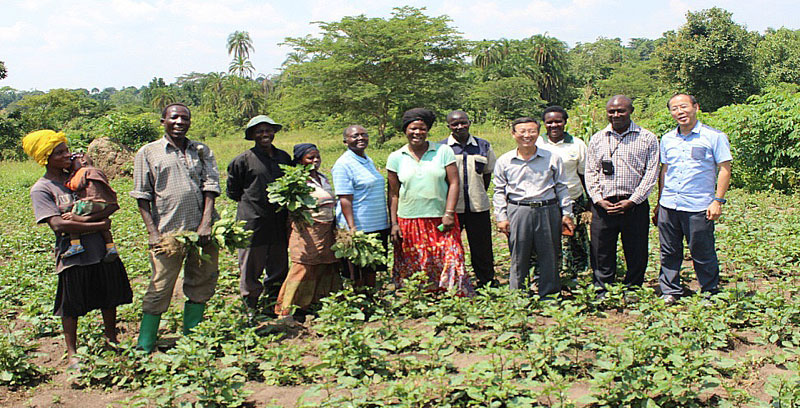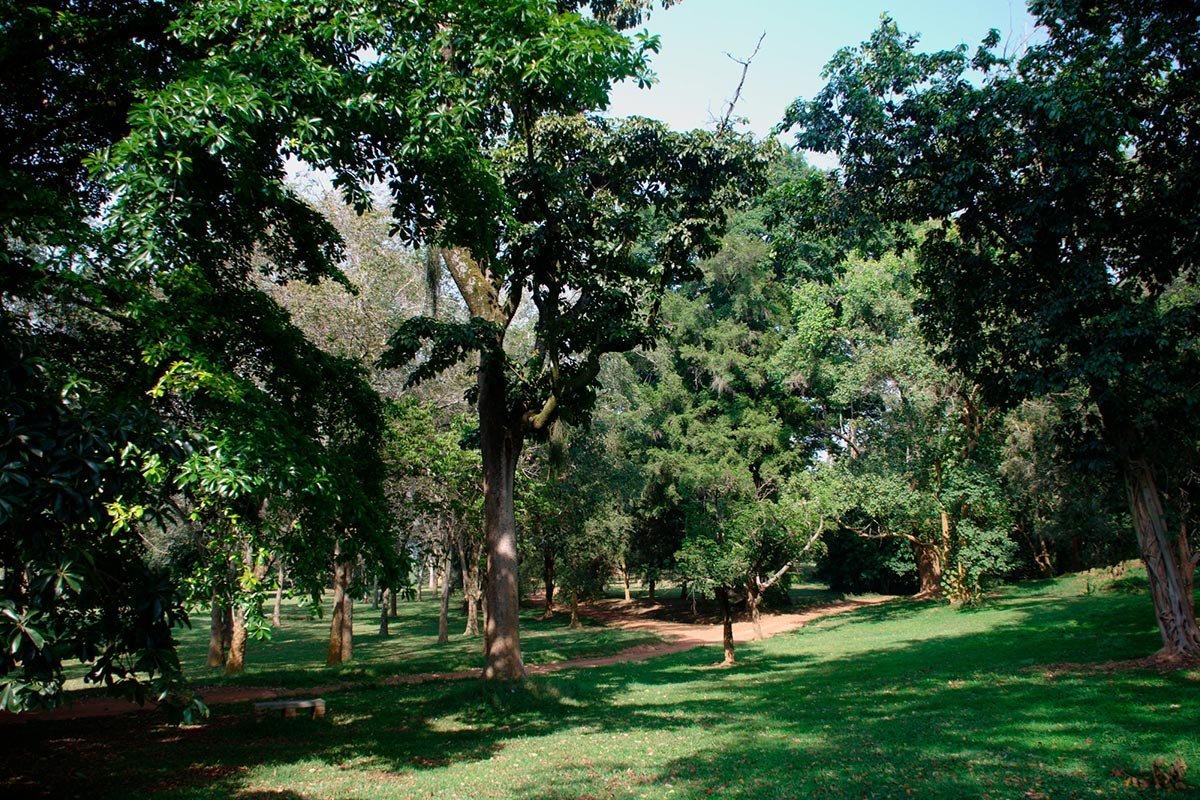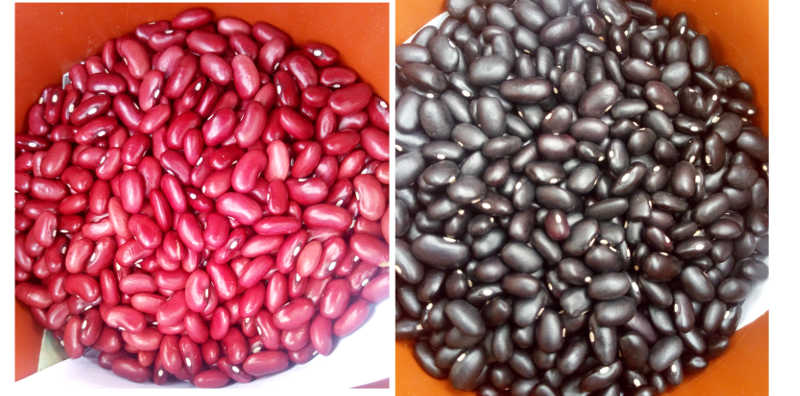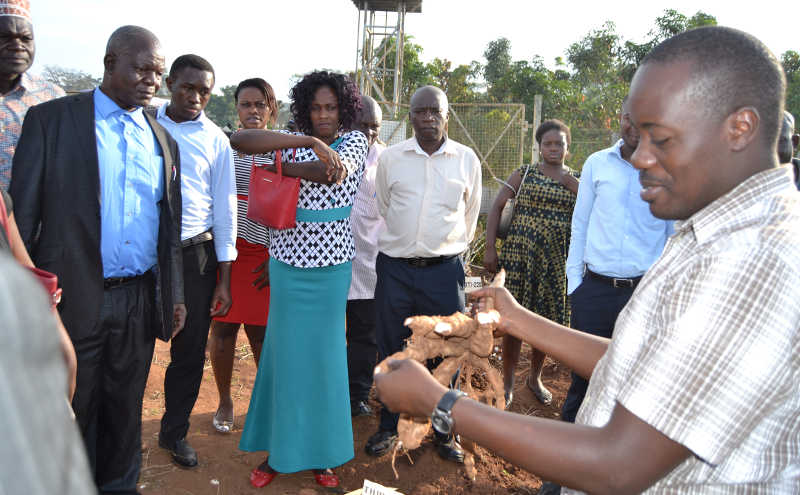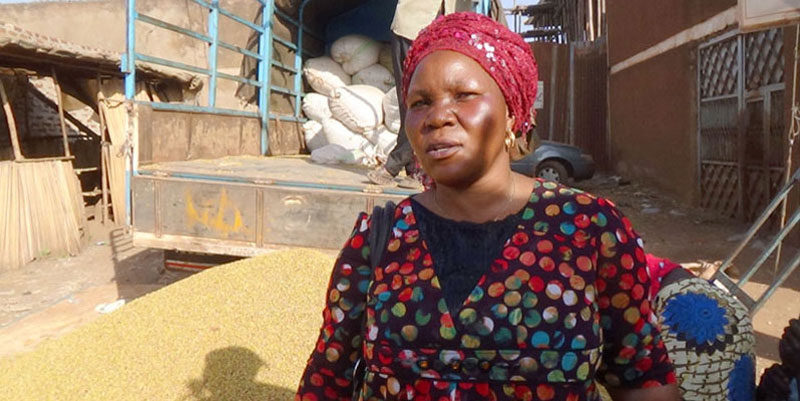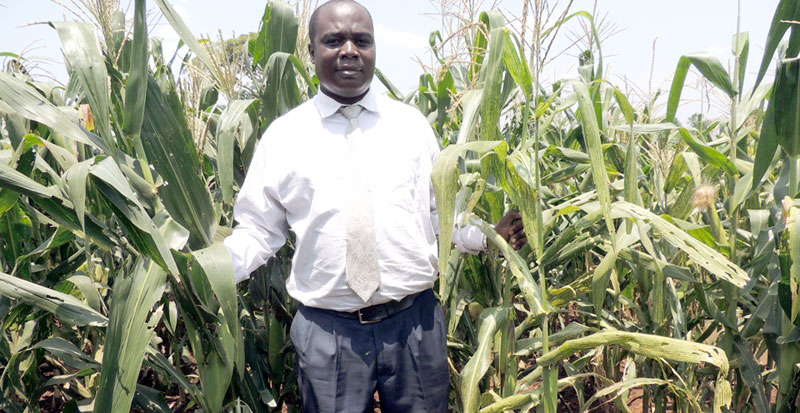Korean project on seed production faces uncertain future
Vegetable production especially around Kampala and Wakiso is a potential multi-billion shilling sector with the power to lift millions of farmers out of poverty.
But achieving this goal remains a distant dream for millions of impoverished but willing farmers who are trying but failing to tap the opportunities because of lack of irrigation facilities as well as increased incidence of diseases and pests.
The state of affairs is even more dangerous for the economy as the vegetable market is increasingly getting snapped up by better facilitated, organized and empowered farmers from neighbouring Kenya.
Kenya’s vibrant vegetable growing sector has advanced greatly in recent years to the extent that it is able to meet the quantity and quality requirements of many European importers.
The outcomes of this government/farmer focus on vegetable production is bringing in billions of money into the economy and handsome incomes for many farmers and other involved in the vegetables value chain.
In recent years, Kenya’s vegetable output particularly Onions, Carrots and Tomatoes have found market in Uganda, thanks to our inability to take up the advantage because of lack of irrigation facilities, absence of quality seeds and
Realising the largely untapped potential in the vegetables sub-sector, efforts are underway to try to encourage farmers to raise output of leafy greens and other vegetables as a way of raising their incomes.
The project mainly targeting improved vegetable seed production and sponsored by Korea’s Programme on International Agriculture (KOPIA) based at Kawanda Agricultural Research complex, launched a pilot project in Wakiso and Nakaseke districts to promote vegetable seed production as a foundation for increased vegetable output.
The initiators of the project hope to turn vegetable production a thriving business for rural farmers and a viable path out of poverty. KOPIA, working with Ugandan experts have been training farmers on seed production particularly targeting increased vegetable production of and production of good quality seeds for Nakati, Jjbyo and Ddoodo (Amaranath) for sale in the local seed market.
A team of experts recently visited three farmers associations to assess their interventions but were confronted with farmers lamentations about the impact of drought and pests which they say not only prevents them from increasing output but also seeds.
The farmers point out they are very anxious to take up vegetable production but that they are limited by the lack of irrigation facilities as well as the increased in disease pressure.
Working with experts from the National Agricultural Research Laboratories (NARL) at Kawanda, KOPIA is training the vegetable farmers on low input production techniques. These involve being able to produce quality seed for Nakati, Jjobyo and Ddoodo, mulching to preserve water and use of home made pesticides to reduce on pesticide expenses.
The farmers have also been advised to specialize in Nakati, which is a popular vegetable in Uganda, before they can venture into other vegetables.
The business of vegetable production however still faces numerous challenges besides environmental stresses such as prolonged dry spells. Pests and diseases, presence of counterfeit pest cides and low levels of appreciation of the value of vegetables among the Ugandan population still prohibit the growth of this business.

